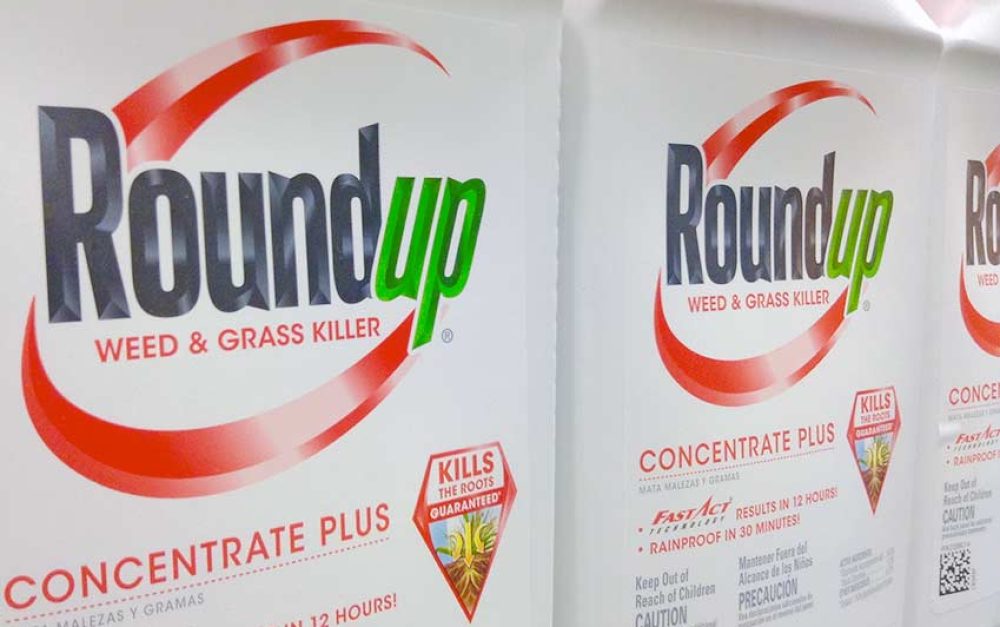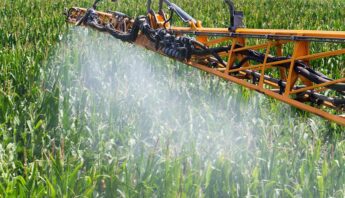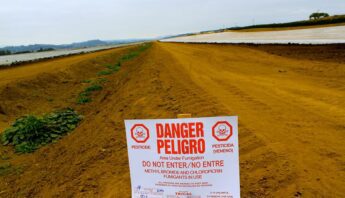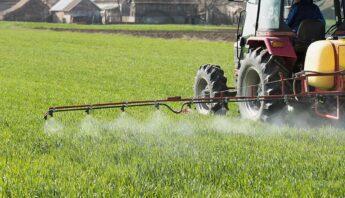Earlier this month, France’s health and safety agency announced plans to withdraw authorization of herbicides containing both glyphosate and the additive tallowamine. As reported by Reuters, a spokesperson for the agency said:
“It is not possible to guarantee that compositions containing glyphosate and tallowamine do not entail negative effects on human health.”
As a result of this move, a particular formulation of Monsanto’s widely-used RoundUp will no longer be allowed for use in the country. In Germany, manufacturers have already voluntarily withdrawn products containing glyphosate and tallowamine combinations.
While France’s decision may not have a significant impact on Monsanto’s bottom line — the corporation boasts sales of $8.2 billion in its 2015 annual report — it does show the country’s clear leadership in putting human health over chemical dependency. France’s action also paves the way for other EU countries to follow suit.
Glyphosate in the spotlight
France officials were motivated to take a closer look at the herbicide formulation when, last November, the European Food Safety Agency (EFSA) released findings that glyphosate formulations in combination with other chemicals have greater potential health risks than glyphosate on its own. This is particularly concerning given last year’s determination from the World Health Organization’s International Agency for Research on Cancer (IARC) that glyphosate is a “probable human carcinogen.”
Despite IARC’s recent cancer finding, the European Commission recently re-authorized the herbicide for another seven years. The original plan was to approve glyphosate’s use for another 15 years, but that was shortened due to many countries’ concerns over associated health harms. And as a study from Germany’s Federal Research Centre for Cultivated Plants shows, farmers can do without glyphosate — and without needing to replace the herbicide with other hazardous chemicals.
Bad alone, worse in combination
As highlighted by France’s recent decision, pesticides in combination can have more harmful effects than a single chemical alone. This fact was underlined by a University of California Los Angeles report released earlier this year. Researchers found that fumigant pesticides — applied heavily on California’s strawberry fields — may have cumulative impacts on human health that exceed the impact of each chemical in isolation. Cumulative impacts may include synergistic effects, meaning the chemicals in combination may have greater impact than the sum of individual impacts.
The science on cumulative impacts, and the harms associated with glyphosate, are getting stronger. We know enough to say that the widespread use of glyphosate around the world must halt. Hopefully the recent decision in France will help spur the needed global tide change.
Photo: Mike Mozart | Flickr







